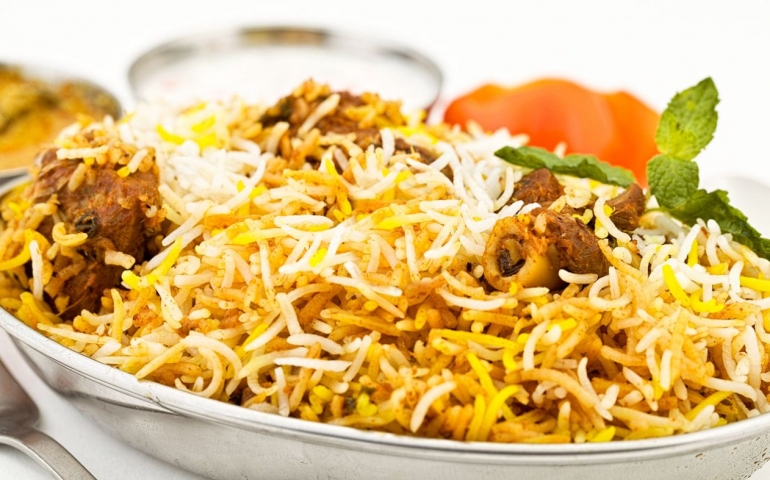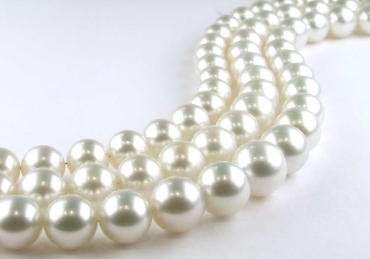Ḥadīth regarding the family of the bride feeding people
By Muḥaddith al-ʿAṣr Shaykh Muḥammad Yūnus Jownpūrī (b. 1355/1936 – )
Question: A Fatwā has been published recently that states that it is Sunnah for the family of the bride to do a Daʿwat (invite and feed people) and this has been referenced with the narration of the marriage of Fāṭimah (may Allah be pleased with her) in Muṣannaf ʿAbd al-Razzāq (5: 487). Regarding this, you once mentioned that this narration is not authentic. So what is the defect within this narration and can it be used as evidence or not? Muḥammad Zayd.
Answer: Some Muftis have written that it is Sunnah for the family of the bride to do a Daʿwat and have relied upon the narration of Muṣannaf ʿAbd al-Razzāq (5: 487) that outlines in detail the marriage of Fāṭimah (may Allah be pleased with her). However, its narrator is Yaḥyā ibn al-ʿAlā al-Bajalī who is a repudiated ḥadīth authority as mentioned by Dāraquṭnī. Imām Aḥmad ibn Ḥanbal said: “Liar, he fabricates narrations.”
There is a similar narration regarding the marriage of Fāṭimah (may Allah be pleased with her) in Ṣaḥiḥ Ibn Ḥibbān (p. 550) which does not mention the Daʿwat. Ḥāfiẓ Ibn Ḥajar has classified it as munkar (unknown) in Tahdhīb al-Tahdhīb (11: 304). It is mentioned in Ḥāshiyah Mawārid al-Ẓamʾān that the narration seems to be a forgery.
My view is that this narration is also fabricated. An edict cannot be established through the narration of a repudiated narrator who is also accused [of fabricating narrations].
Thereafter, I came across the following narration that provides some support for this. Jābir ibn ʿAbd Allah narrates that we attended the wedding of ʿAlī ibn Abī Ṭālib and Fāṭimah the daughter of the messenger of Allah ﷺ. We have not witnessed a more beautiful marriage. The messenger of Allah ﷺ prepared raisins and dates and we ate, and her bedding on her wedding night was made of sheepskin. Ṭabarānī has narrated this in al-Awsaṭ and its narrators include Muslim ibn Khālid al-Zanjī who is weak, and deemed reliable by some, as mentioned in Majmaʿ al-Zawāʾid (4: 50). However, it is difficult to establish [through this narration] that this [Daʿwat on behalf of the bride] is Sunnah. It seems that this [preparation of raisins and dates] was done as part of hospitality for the present guests [and not as a pre-planned Daʿwat].[1]
Servant Muḥammad Yūnus , may he be forgiven
Translation and footnotes by Yusuf Shabbir, 30 Jumādā al-Ūlā 1437 / 9 March 2016
Source: al-Yawāqīt al-Ghāliyah (2: 532)
Footnotes
[1] It is also worth noting that this was not a feast as has become customary in many cultures. This can be contrasted to the Sunnah of Walīmah (the Daʿwat on behalf of the husband) regarding which the Prophet ﷺ encouraged feasting with a goat (Ṣaḥīḥ al-Bukhārī, 5167). Similar encouragement and virtue does not exist for a Daʿwat on behalf of the bride’s family.
It is also worth noting that the former Grand Mufti of India, Mufti Maḥmūd Ḥasan Gangohī (d. 1417/1996) initially deemed the Daʿwat as Masnūn based on the narration of Muṣannaf ʿAbd al-Razzāq. Subsequently he retracted from this position based on the research of Shaykh Muḥammad Yūnus Jownpūrī. The details of his retraction are outlined in Ḥayāt Maḥmūd (1: 436) by Mufti Muḥammad Fārūq (d. 1436/2015) of Meerut.






Uncovered food at night should not be binned